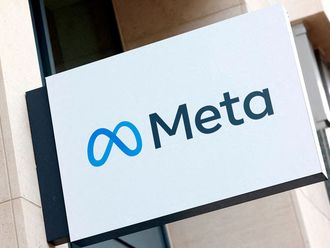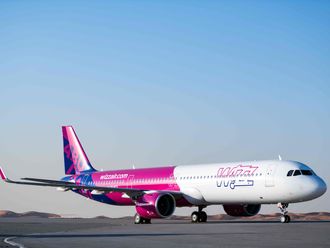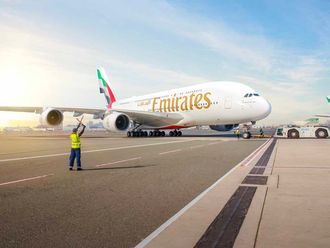Berlin : German Chancellor Angela Merkel will seek alternative means to fund General Motors Co.'s Opel unit after rejecting a 1.1 billion euro (Dh4.8 billion) aid request.
Merkel, who said the "final word" hasn't been spoken on Opel, was to meet yesterday with the prime ministers of the four German states where Opel has factories to come up with other options to help pay for the division's reorganisation.
They will consider increasing the states' loan guarantees to 550 million euros from 488 million euros, a person familiar with the proposal said, declining to be identified because the matter is confidential. The remaining 550 million euros could come from the European Investment Bank, the person said.
Last chance
Economy Minister Rainer Bruederle on Wednesday rejected GM's aid request, saying Opel already benefitted from Germany's help last year. The refusal throws into question how GM will fund the 3.6 billion-euro reorganisation with analysts expecting the carmaker to eliminate more jobs in Europe to boost savings.
"Today's meeting is something like the last-chance saloon," said Uwe Andersen, a politics professor at the University of Bochum. "Turning down guarantees on the basis of the federal government's aid-assistance code may be legitimate but the political pressure to help Opel nonetheless remains substantial with threats of job losses and factory closures." The European Investment Bank is the lending arm of the European Union. In February, Saab Automobile, the GM unit that was taken over by Spyker Cars, won a 400 million-euro technology-development loan from the Luxembourg-based lender.
Opel still has the support of the four German states, which may also help open the way for international capital-market financing, Klaus Franz, the head of the division's works council, said yesterday.
Franz said last week two of Opel's four German factories may be closed without German aid. The state of Hesse, where Opel is based, said it would back guarantees. GM was seeking 1.92 billion euros in loan guarantees from European countries to fund a restructuring that includes closing a factory in Belgium, and eliminating 8,300 jobs.












